News in Brief
-
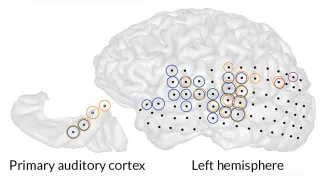 Neuroscience
NeuroscienceTinnitus causes widespread trouble
People don’t just hear the phantom ringing of tinnitus in the part of the brain that processes sounds.
-
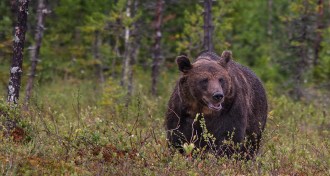 Animals
AnimalsFinland’s brown bears on surprise fast track to recover diversity
Brown bears in southern Finland show surprisingly fast improvements in genetic diversity and connections with other bears.
By Susan Milius -
 Physics
PhysicsAn even more precise atomic clock
An atomic clock described April 21 in Nature Communications is about three times as precise as its record-setting predecessor.
By Andrew Grant -
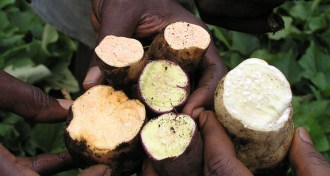 Plants
PlantsBits of bacterial DNA naturally lurk inside sweet potatoes
Samples of cultivated sweet potatoes worldwide carry DNA from Agrobacterium cousin of bacterium used for GMOs.
By Susan Milius -
 Astronomy
AstronomyCosmic rays misbehave in space station experiment
A puzzling feature in a new cosmic ray census may force physicists to rethink which cosmic objects send these speedy particles hurtling across the galaxy.
By Andrew Grant -
 Astronomy
AstronomyColor differences could recalibrate cosmic acceleration rate
Color differences in a class of supernovas could lower estimates of how much dark energy is in the universe.
-
 Astronomy
AstronomyA look back in time reveals Milky Way’s evolution
A sample of galaxies covering 11 billion years of cosmic history helps astronomers document how the Milky Way evolved.
-
 Astronomy
AstronomyRinging rings reveal Saturn’s innards
Scientists propose that exotic structures are buried within Saturn, based on analyses of subtle vibrations in the planet’s rings.
By Andrew Grant -
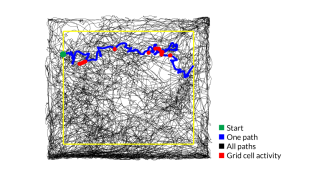 Neuroscience
NeuroscienceWhen brain’s GPS goes awry, barriers can reboot it
Brain’s internal map self-corrects when it hits a (literal) wall.
-
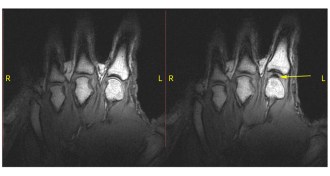 Life
LifeResearchers pull fingers to solve why knuckles crack
Knuckle cracking is the sound of a bubble forming in a joint, MRI images reveal.
-
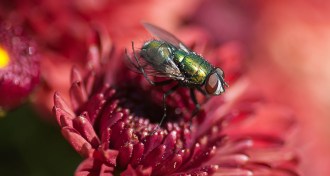 Animals
AnimalsShimmer and shine may help prey sabotage predators’ aim
Iridescent prey was more difficult to strike in a video game for birds.
By Susan Milius -
 Neuroscience
NeuroscienceNicotine exposure escalates rats’ desire for alcohol
Rats drink more alcohol after they’ve been hooked on nicotine.